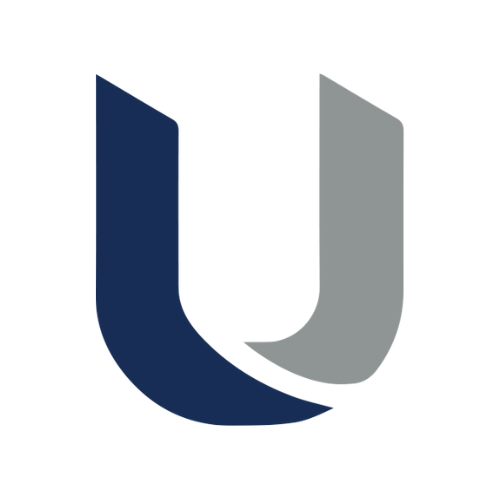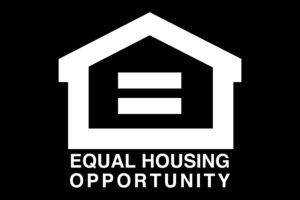Conventional loans are a popular choice for many homebuyers, offering flexibility, competitive interest rates, and various benefits. However, like any financial product, they come with both advantages and disadvantages. In this article, we will provide a comprehensive overview of the pros and cons of conventional loans, enabling you to make an informed decision when considering this type of financing for your home purchase.
Pros of Conventional Loans
Flexible Financing Options: Conventional loans offer a range of financing options to suit different needs. Whether you’re purchasing a primary residence, a second home, or an investment property, conventional loans can accommodate various property types and occupancy purposes.
Competitive Interest Rates: Conventional loans often provide borrowers with access to competitive interest rates, especially for those with strong credit scores. Securing a lower interest rate can result in significant savings over the life of the loan.
No Upfront Mortgage Insurance Premium (MIP): Unlike some government-backed loans, conventional loans do not require borrowers to pay an upfront mortgage insurance premium at closing. This can reduce the initial costs associated with obtaining a mortgage.
Flexibility in Mortgage Insurance: Conventional loans offer flexibility in terms of mortgage insurance. Borrowers who are unable to provide a 20% down payment can opt for private mortgage insurance (PMI), which can be canceled once the loan-to-value (LTV) ratio reaches 80%, potentially saving money in the long run.
Higher Loan Limits: Conventional loans generally have higher loan limits compared to government-backed loans. This means that borrowers can potentially access more substantial loan amounts, allowing for the purchase of higher-priced properties.
Streamlined Refinancing Options: Conventional loans offer streamlined refinancing options, such as the popular rate-and-term refinance. This allows borrowers to adjust their interest rate, loan term, or switch from an adjustable-rate mortgage to a fixed-rate mortgage, providing increased flexibility to meet changing financial goals.
Cons of Conventional Loans
Stricter Qualification Requirements: Conventional loans typically have stricter qualification requirements compared to some government-backed loans. Lenders often expect borrowers to have higher credit scores, lower debt-to-income ratios, and more substantial down payments.
Private Mortgage Insurance (PMI): If your down payment is less than 20% of the home’s purchase price, you will likely be required to pay private mortgage insurance (PMI). This additional cost can increase your monthly mortgage payment until you reach the loan-to-value ratio required for PMI cancellation.
Potential for Higher Costs: While conventional loans may offer competitive interest rates, borrowers with lower credit scores or higher perceived risk may face higher interest rates. It’s essential to review your financial profile and compare loan offers from different lenders to ensure you obtain the most favorable terms.
Limited Flexibility for Low-Income Borrowers: Conventional loans may pose challenges for low-income borrowers who struggle to meet the stricter qualification requirements. Government-backed loans, such as FHA or USDA loans, often provide more flexibility and assistance for borrowers with limited financial resources.
Understanding the pros and cons of conventional loans is crucial for homebuyers looking to make informed decisions regarding their financing options. While conventional loans offer flexibility, competitive interest rates, and various benefits, it’s important to weigh these advantages against the potential drawbacks. Assessing your financial situation, creditworthiness, and long-term goals will help determine if a conventional loan is the right choice for you.
Remember, working with a reputable lender who can provide personalized guidance and assistance throughout the loan process is essential. They can help you navigate the qualification requirements, explore available loan programs, and provide clarity on the specific terms and conditions associated with conventional loans. By understanding the pros and cons of conventional loans, you can make an informed choice that aligns with your unique needs and aspirations as a homebuyer.



